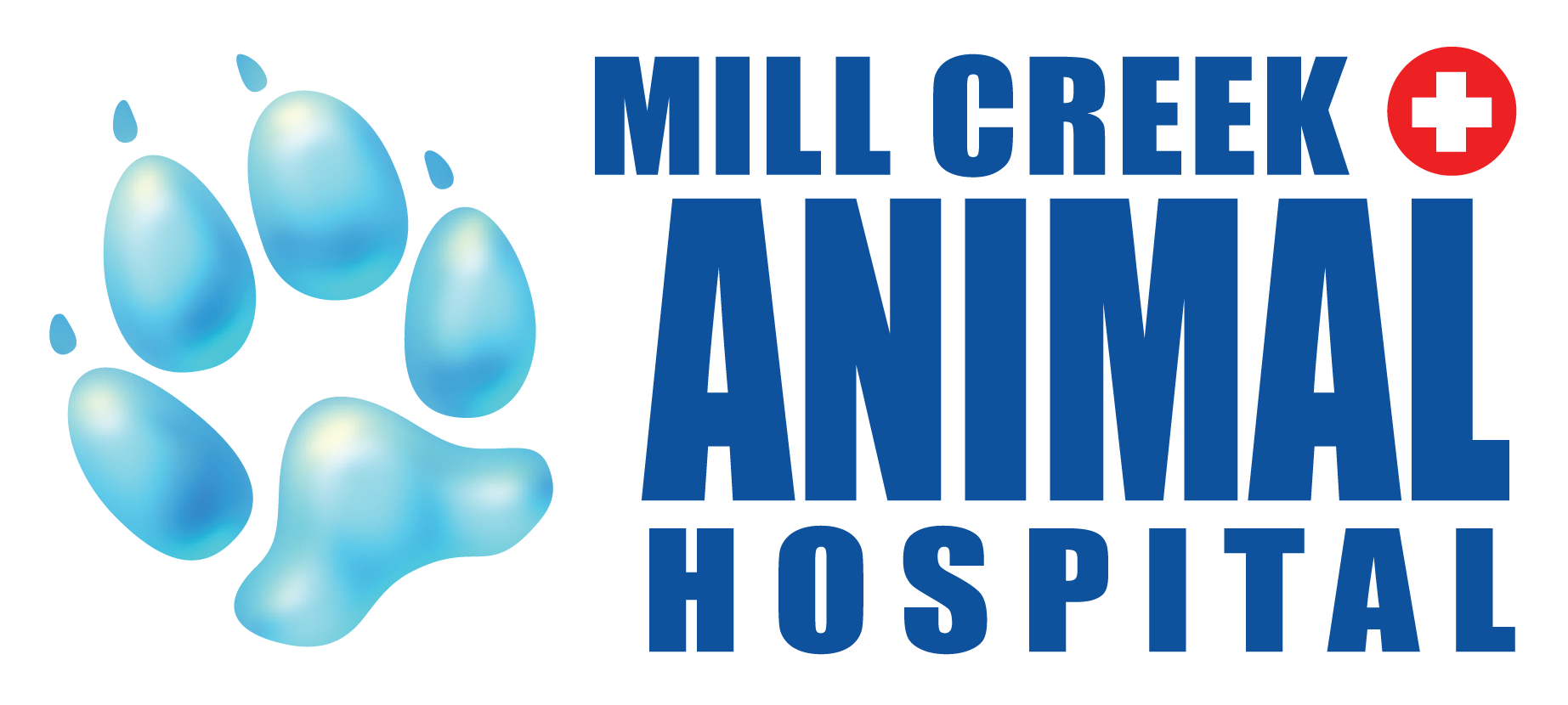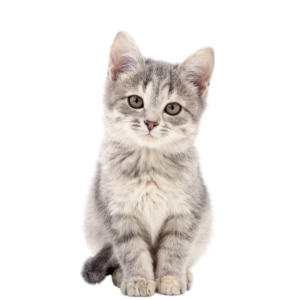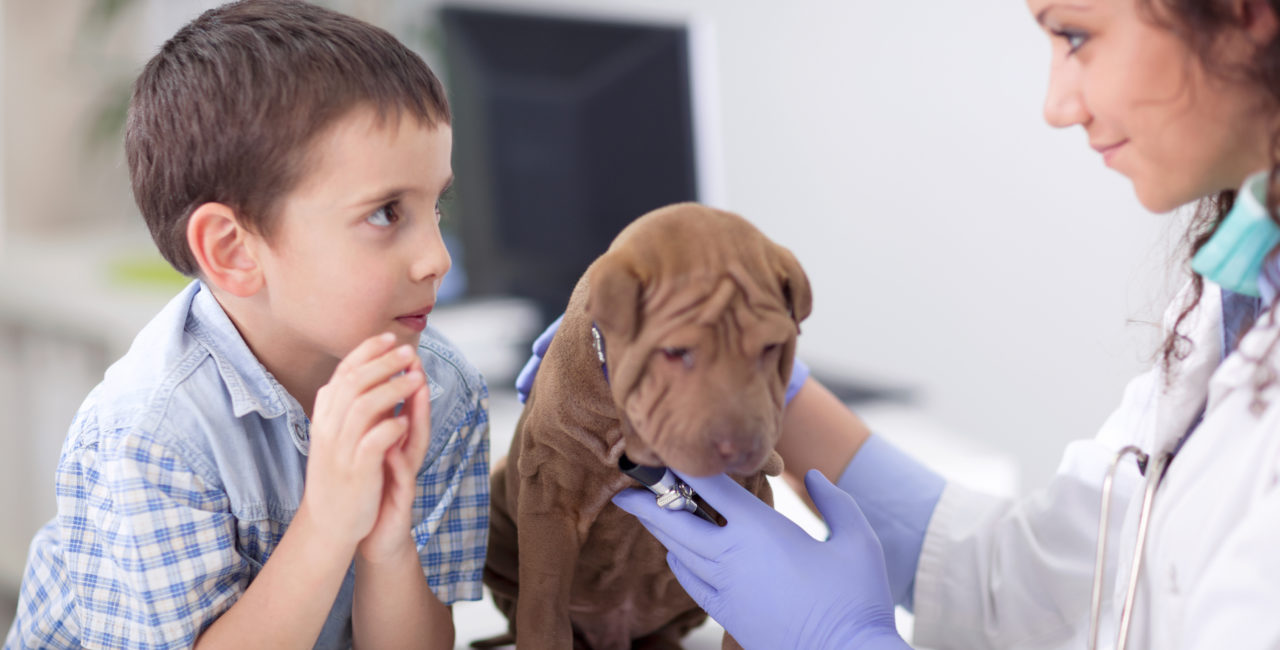Getting a new puppy or kitten is always exciting! But with all this excitement it is important to ensure your new furry friend is receiving the proper care in their young life. Part of this care includes receiving their vaccines.
DOGS
There are 3 “core” vaccines that are essential for dogs to have both as puppies and throughout their adult lives.
The first of these is what is often referred to as the “distemper combination”. This combination vaccinates against distemper virus, adenovirus and parainfluenza virus.
One virus that can commonly affect puppies is Parvovirus. This vaccine can be given alone or is sometimes included in the distemper combination. Parvovirus affects rapidly dividing cells in the body – the most common being the intestinal epithelium. Since these cells are being affected we often see vomiting, diarrhea, poor weight gain and anorexia in dogs affected by parvo. This leads to dehydration of the animal. It is very important to vaccinate against parvovirus to ensure puppies do not contract this sometimes fatal disease.
The last core vaccine is rabies. In Alberta, wild animals –specifically bats – are the largest carrier of rabies. This puts all animals at risk of contracting the disease. Though it seems that dogs are at low risk of being in contact with bats, it is best not to take our chances. Rabies is 100% fatal.
In addition to the core vaccines, there is the “kennel cough” vaccine. This vaccinates against Bordetella bronchiseptica, one of the microbes responsible for causing the hacking cough we associate with having “kennel cough”. We generally recommend having your dog vaccinated for this if they are going to be at dog parks, doggy daycare, groomers or anywhere that they will be in contact with other dogs.
CATS
The first important vaccine for kittens to get is a combination vaccine that vaccinates against rhinotracheitis, calicivirus, coronavirus and feline panleukopenia – this vaccine is referred to as FVRCP for short. These agents are often responsible for causing a variety of upper respiratory symptoms such as runny eyes, runny nose and coughing.
Cats should also be vaccinated for rabies since it can infect any mammal. We must also consider the importance of human health when vaccinating animals for rabies. When we protect our pets we are also protecting ourselves!
Another vaccine for cats is for protection against the feline leukemia virus. A discussion with your veterinarian about the importance of this vaccine and the best choice for your pet should be had if your cat adventures outdoors.
Though vaccines are important, the annual physical examination of your pet by a veterinarian is of equal importance! This becomes especially significant as our pets age. If you ever have questions about your pets health be sure to call your veterinarian’s office to get support from your animal health care team!



